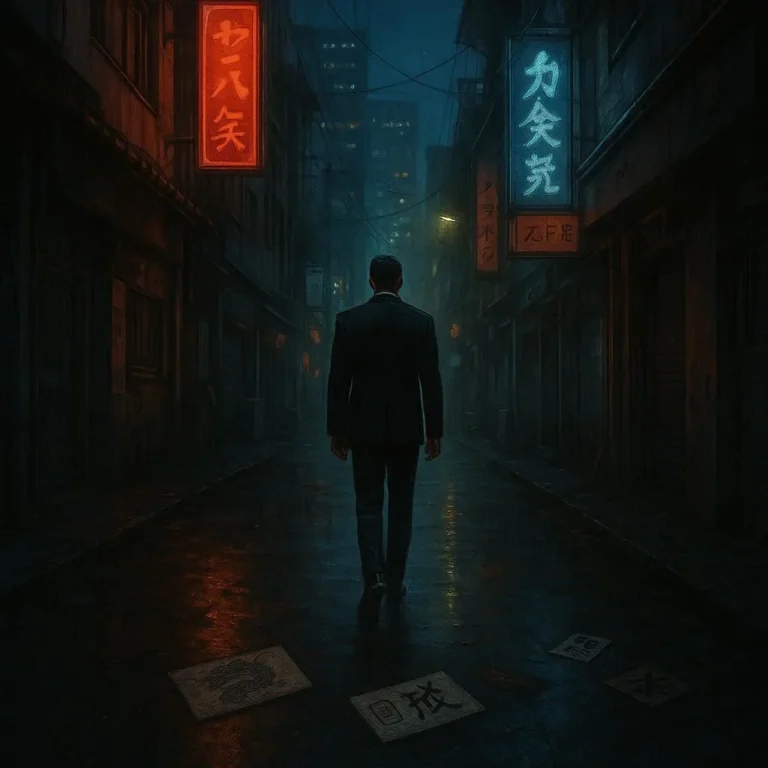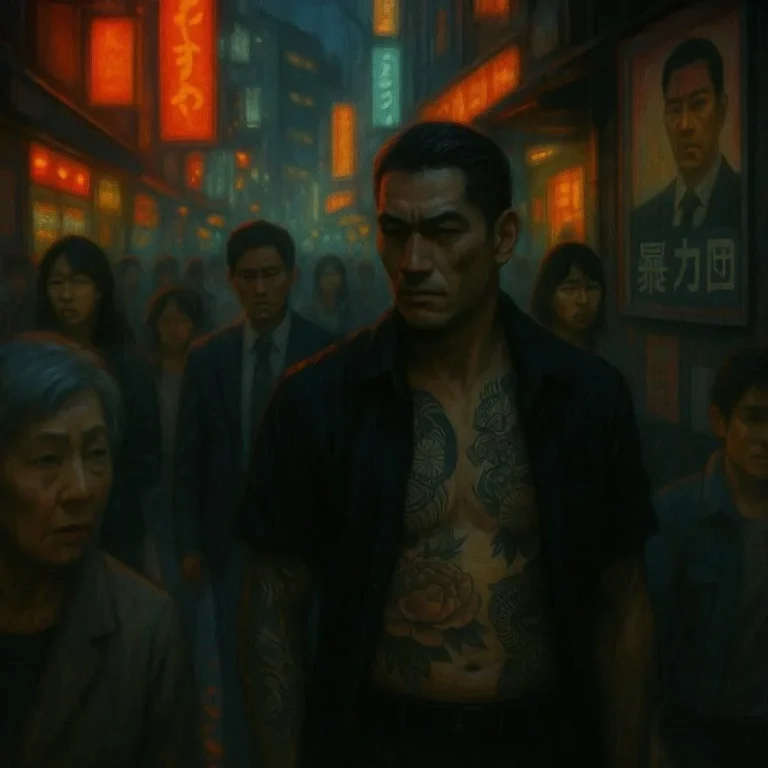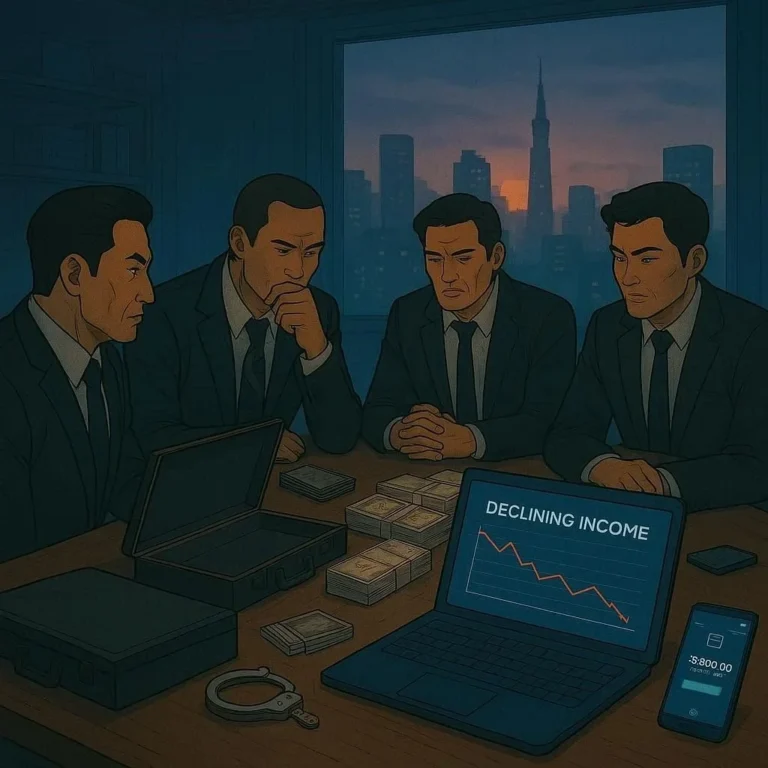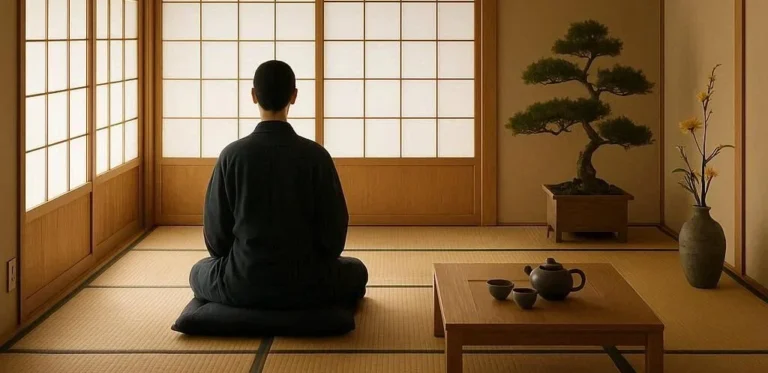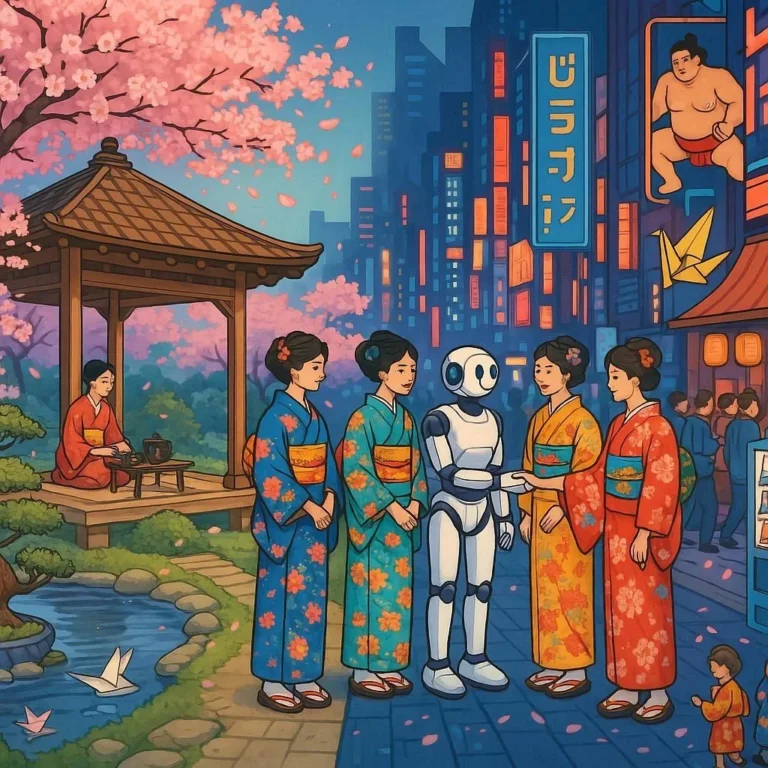503 views Yakuza and Their Influence on Traditional Japanese Festivals
The Yakuza, Japan’s enigmatic organized crime syndicates, have long fascinated the world with their strict code of honor and elaborate rituals. Beyond their notoriety, the Yakuza play a unique role in Japan’s cultural tapestry, particularly in traditional festivals, or ‘matsuri.’ These vibrant events, deeply rooted in tradition, offer a glimpse into a complex interplay between the Yakuza and Japanese society.
Introduction to the Yakuza
The Yakuza, with their origins tracing back to the 17th century, adhere to a code of conduct known as ‘giri’ and ‘ninjo,’ emphasizing loyalty and justice. Despite their criminal activities, they are often romanticized in Japanese culture, featuring prominently in films and literature.
Traditional Japanese Festivals
Matsuri, central to Japanese culture, are communal celebrations often honoring Shinto deities. These festivals, featuring parades, traditional dances, and food stalls, showcase community spirit and cultural heritage. The Yakuza’s involvement in these events is a fascinating aspect of their cultural presence.
Historical Role of the Yakuza in Festivals
Historically, the Yakuza have been involved in matsuri, sometimes as organizers or participants. Their role may have evolved from earlier groups that provided security during festivals, reflecting their historical presence in community events.
Specific Festivals with Yakuza Influence
The Gion Matsuri in Kyoto is renowned for its ornate floats. While the Yakuza’s role here may be more subtle, they might contribute to crowd management or organizational aspects. Other local festivals might feature Yakuza participation, blending into the community fabric.
Cultural and Social Influence
The Yakuza’s involvement in festivals adds a unique cultural dimension. Their presence can shape the festival atmosphere, sometimes perceived as maintaining order. This dual role reflects their complex position in society, blending criminal identity with community engagement.
Modern-Day Involvement and Changing Dynamics
In recent years, the Yakuza’s influence has waned, affecting their festival roles. While still present, their involvement may be less overt, reflecting broader societal changes and legal crackdowns on organized crime.
Public Perception
Public perception of the Yakuza in festivals is nuanced. While some view them warily, others see them as integral to community events. This acceptance underscores the Yakuza’s enduring cultural significance.
Conclusion
The Yakuza’s influence on traditional Japanese festivals is a testament to their complex role in society. From historical participation to modern-day involvement, they add a unique layer to these cultural celebrations. As Japan evolves, the Yakuza’s role in matsuri may change, but their cultural impact remains significant.


